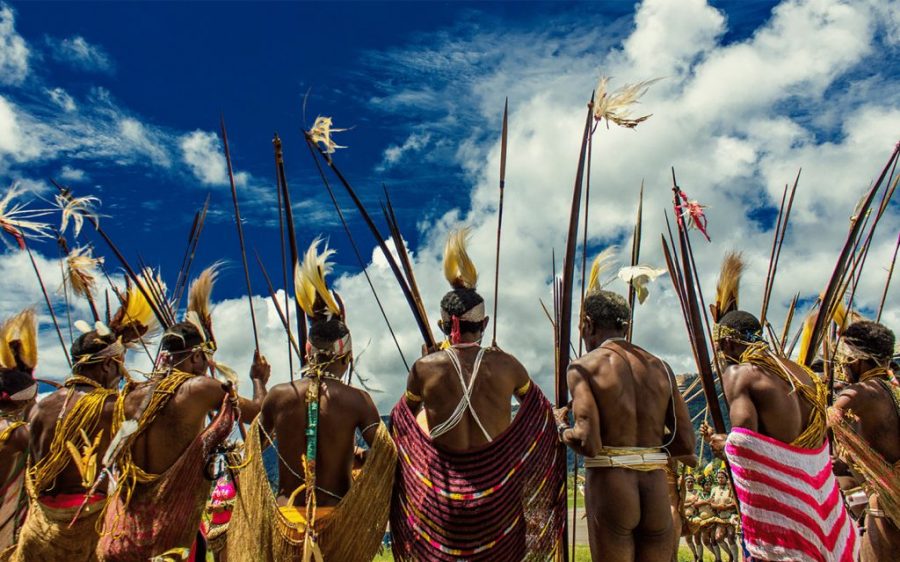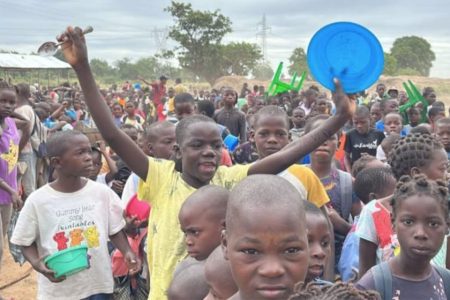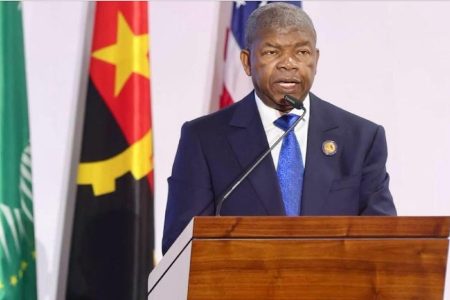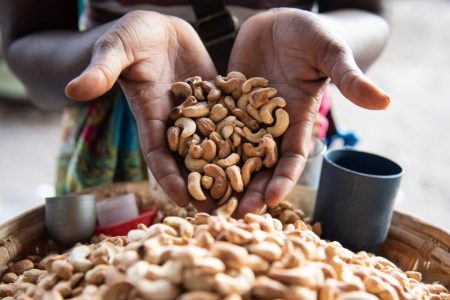Brazil’s conservative-dominated congress has enacted a controversial law curtailing indigenous rights – with agribusiness standing to benefit.
The new legislation, published last week according to reports, states that indigenous peoples can only lay claim to land they occupied as of October 1988, when the current constitution was promulgated. This fails to account for the many indigenous groups displaced from their lands prior to that time marker, particularly during the 1964-85 military dictatorship, and invalidates scores of their otherwise legitimate claims.
Brazil’s supreme court ruled the time marker unconstitutional in a 9-2 vote in September, only to have the senate enshrine it into law less than a week later. President Luiz Inácio Lula da Silva then attempted to veto several parts of the bill only to have his veto overridden by a wide margin earlier in December.
[See more: Deforestation in the Brazilian Amazon hits six-year low]
The protected territories of indigenous peoples have long served as an important safeguard against deforestation in the Brazilian Amazon. This new legislation opens the door to road-building, mining, dam construction and agricultural projects in these areas, earning it the moniker “the indigenous genocide law” from environmental watchdog the Climate Observatory.
While Lula’s attempt to stop the law failed, there are some protections in the new legislation. The final law does not authorise contact with isolated groups, permit the use of genetically modified crops in the relevant territories, nor does it allow the resumption of land when an indigenous group’s cultural traits or way of life are deemed to have changed.
The fight is not over. Indigenous groups and leftist political parties are preparing to challenge the law in the supreme court. Sônia Guajajara, minister for indigenous peoples, said her office would also appeal to the court to block the legislation which “goes completely against the climate agreements that Brazil has been building internationally … and puts the rights and protection of Indigenous peoples and territories at risk”.






